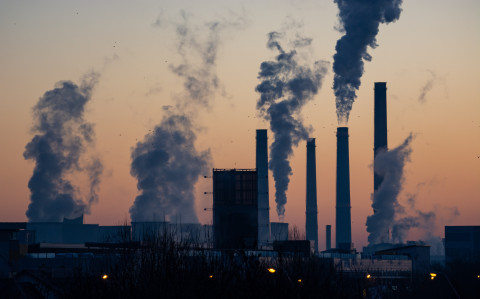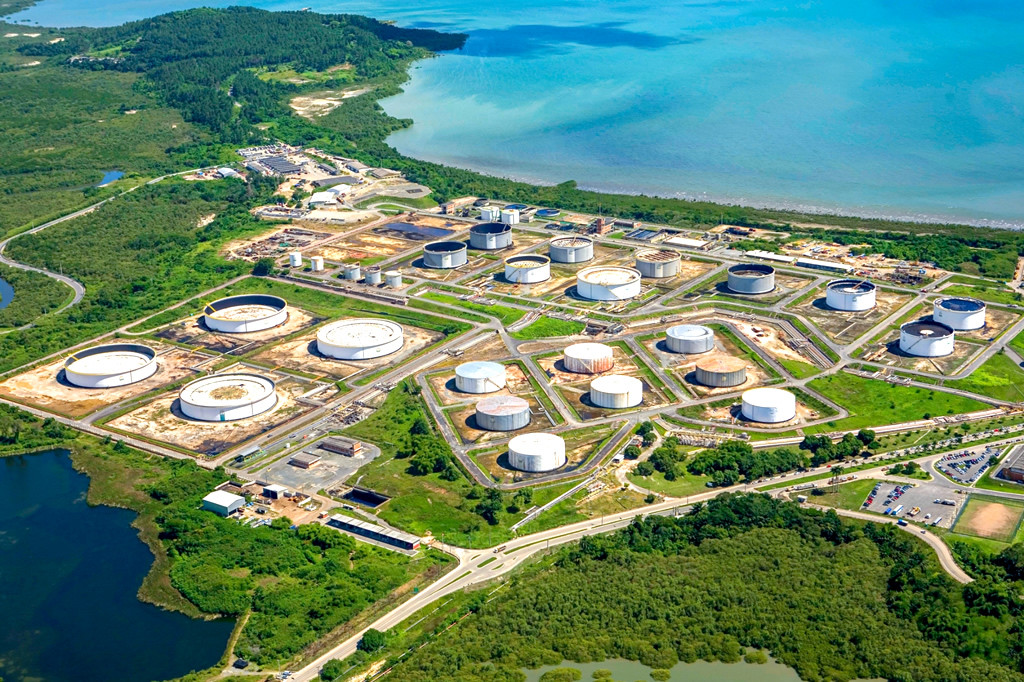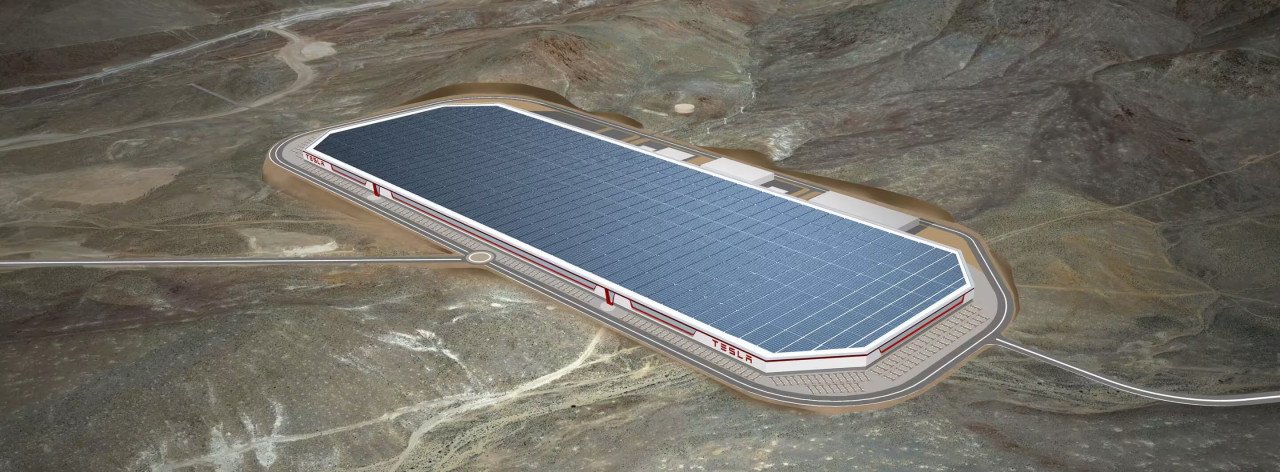Daily Roundup: Opel plans EV at half the average price, Petrobras eyes biofuel refinery in Brazil
Stellantis-owned marque Opel plans to offer an EV for about €25,000 from around 2026, the company's CEO Florian Huettl said. That's less than half the current average price for an EV on the continent, which was €56,000 as of June 2022. Huettl said the vehicle will use electric platforms from Stellantis, which will allow Opel to cut prices and aim for wider sales. Stellantis, parent to Fiat, Chrysler, Citroen and Peugeot, has planned four BEV platforms for use across its brands, the first of which was unveiled in July this year.
Brazil's national oil firm Petrobras announced an MoU with Abu Dhabi's Mubadala to potentially invest in a biofuel refinery the latter is building in the Brazilian state of Bahia. Mubadala-owned company Acelen is setting up a 1 billion liters per year refinery at an investment of $2.44 billion. The facility will produce "green" diesel and jet fuel from 2026 using soyoil, corn oil and other ingredients, and use the pipeline and port infrastructure at Acelen's existing Mataripe oil refinery.
China launched steps to aid the country's power equipment industry, asking domestic energy projects to step up purchase of wind and solar equipment and announcing co-operation to aid the sector's exports. The country's industry ministry said it was targeting nine percent overall growth for the industry in 2023 and 2024. In 2022, the country's solar exports rose 64 percent over 2021 to $52 billion. China is among the world's largest producers and consumers of electrical power equipment and has launched a massive recycling drive ahead of planned decommissioning of renewable assets.
Oil major BP announced it would stick to its energy transition plan, even though investors have fretted that the company was being more aggressive that rivals in cutting oil and gas production. CEO Bernard Looney has pledged to invest billions in renewable and low-carbon energy and achieve Net Zero by 2050, but earlier this year, was forced to diluted energy transition plans: the company agreed to cut hydrocarbon output to 75 percent of its 2019 production by 2030, against 60 percent earlier. Among rivals, Shell and TotalEnergies plan to increase total output.


















